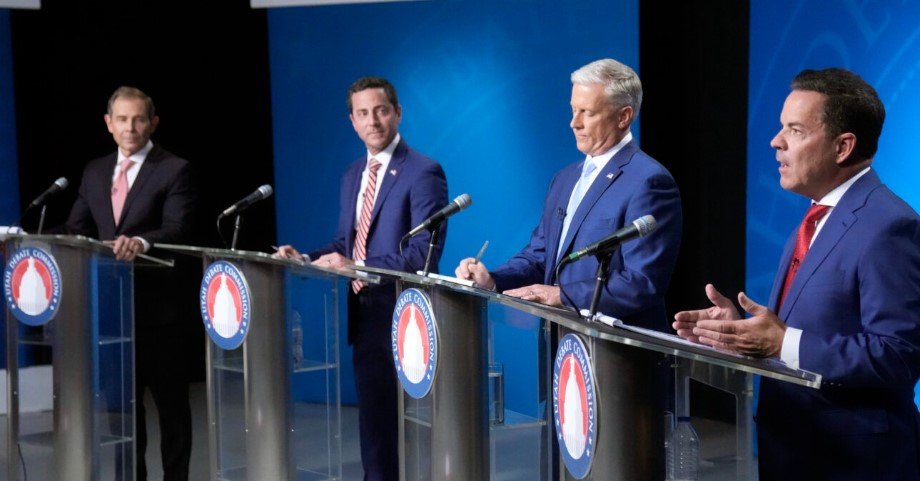In a heated debate, the Republican candidates for South Carolina’s 1st Congressional District showcased their differing approaches to addressing the challenges facing their party and the nation. The debate, held in Charleston, highlighted the candidates’ varying stances on key issues such as immigration, healthcare, and economic policy. As the candidates sparred over their visions for the future, it became clear that the Republican Party is grappling with internal divisions and a need for cohesive leadership. The debate provided voters with a glimpse into the potential direction of the party and the district.
Diverging Views on Immigration
The debate revealed significant differences among the candidates on the issue of immigration. Some candidates advocated for stricter border security measures and tougher immigration policies, arguing that these steps are necessary to protect American jobs and national security. They emphasized the need for a wall along the southern border and increased funding for border patrol agents.
Other candidates took a more moderate approach, calling for comprehensive immigration reform that includes a pathway to citizenship for undocumented immigrants. They argued that a balanced approach is needed to address the complexities of the immigration system and to ensure that the United States remains a welcoming nation for those seeking a better life.

The differing views on immigration reflect the broader divisions within the Republican Party. As the candidates debated the best path forward, it became clear that finding common ground on this contentious issue will be a significant challenge for the party moving forward.
Healthcare Policy Disagreements
Healthcare policy was another major point of contention during the debate. Some candidates called for the repeal of the Affordable Care Act (ACA) and the implementation of a free-market approach to healthcare. They argued that reducing government involvement in healthcare would lead to lower costs and increased competition, ultimately benefiting consumers.
In contrast, other candidates supported maintaining certain provisions of the ACA, such as protections for individuals with pre-existing conditions. They emphasized the importance of ensuring that all Americans have access to affordable healthcare and called for targeted reforms to improve the existing system.
The debate over healthcare policy highlighted the ideological divide within the Republican Party. As the candidates presented their differing visions, it became clear that achieving consensus on healthcare will be a critical issue for the party as it seeks to address the needs of its constituents.
Economic Policy and Party Unity
Economic policy was another key topic of discussion during the debate. Some candidates advocated for tax cuts and deregulation as a means of stimulating economic growth and creating jobs. They argued that reducing the tax burden on businesses and individuals would lead to increased investment and economic prosperity.
Other candidates called for targeted investments in infrastructure, education, and workforce development. They emphasized the need for a balanced approach that includes both tax relief and strategic government spending to support long-term economic growth.
The debate over economic policy underscored the challenges facing the Republican Party as it seeks to present a unified vision to voters. The candidates’ differing approaches to economic policy reflect the broader divisions within the party and the need for cohesive leadership to navigate these complex issues.

Comments